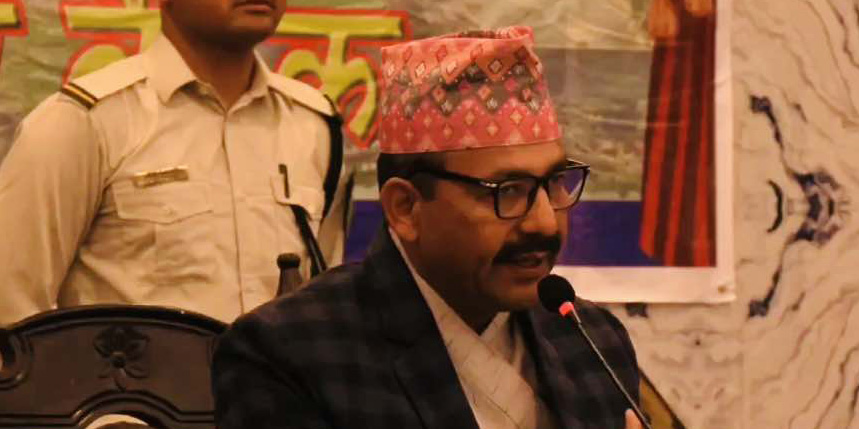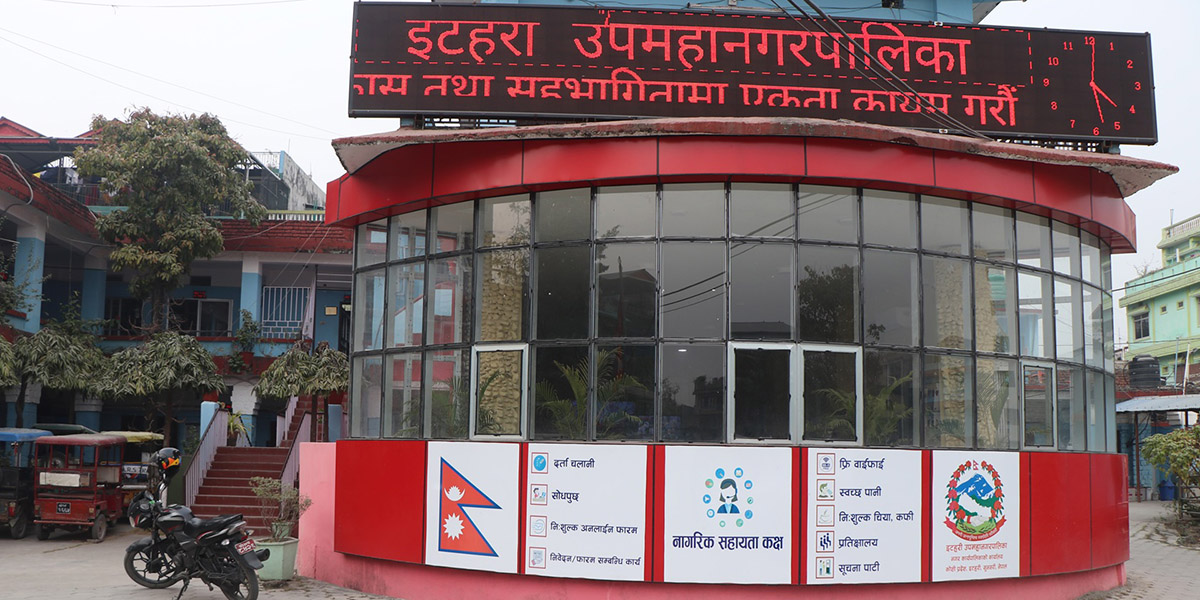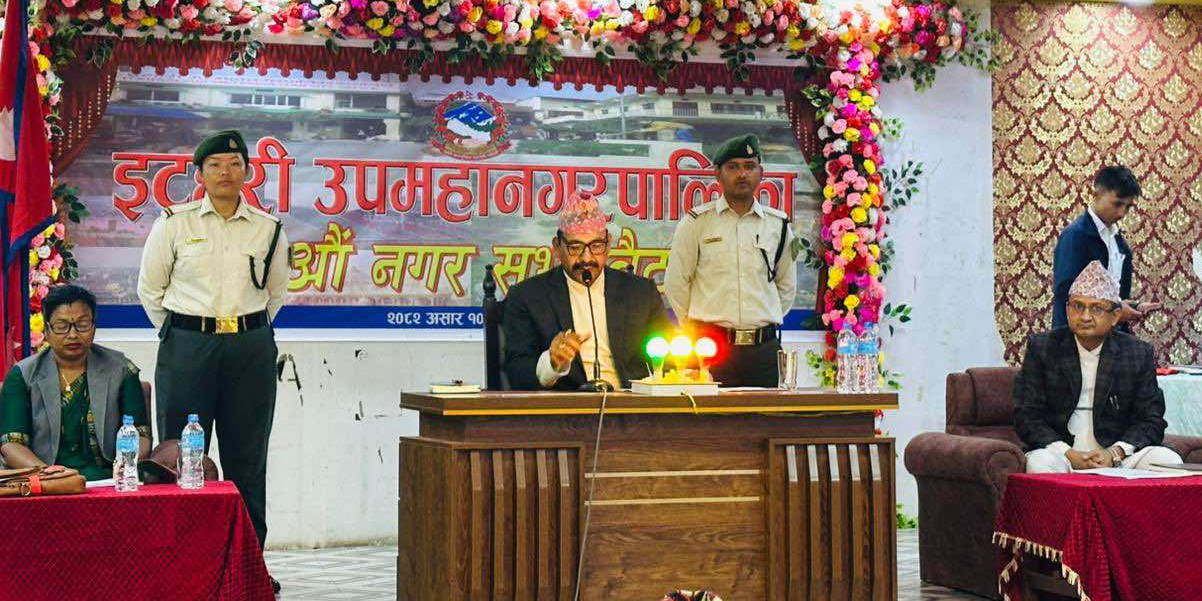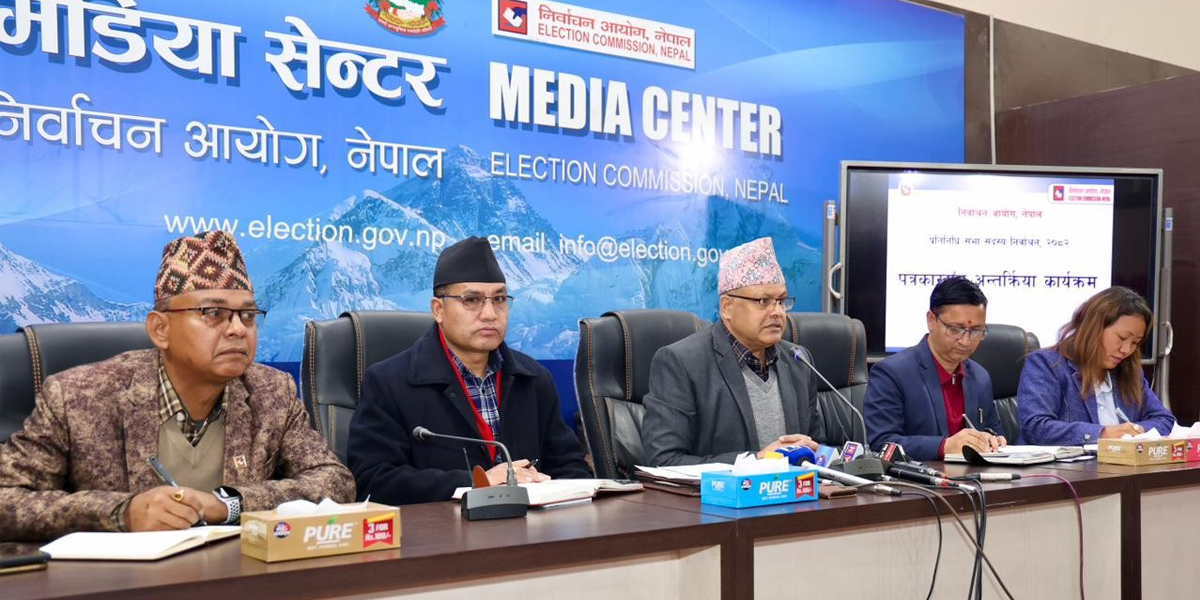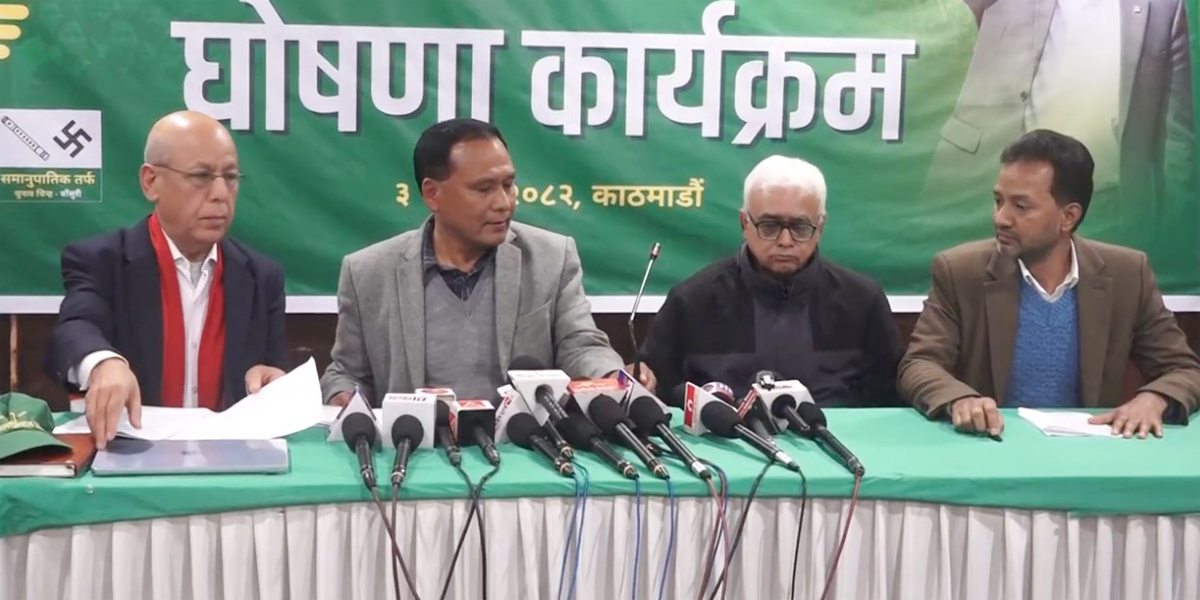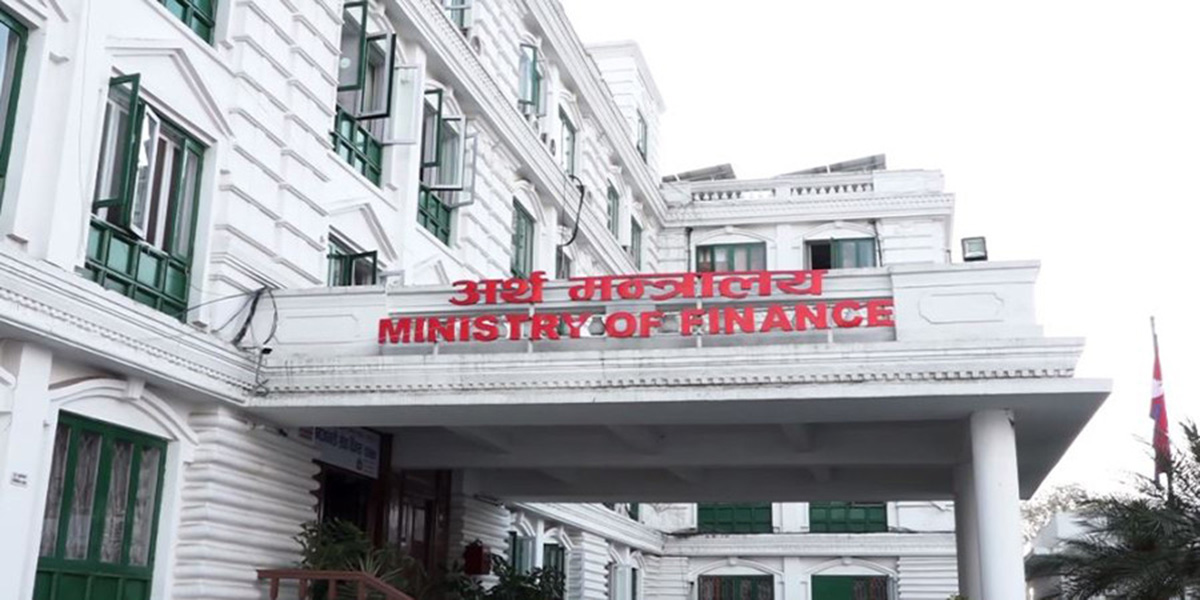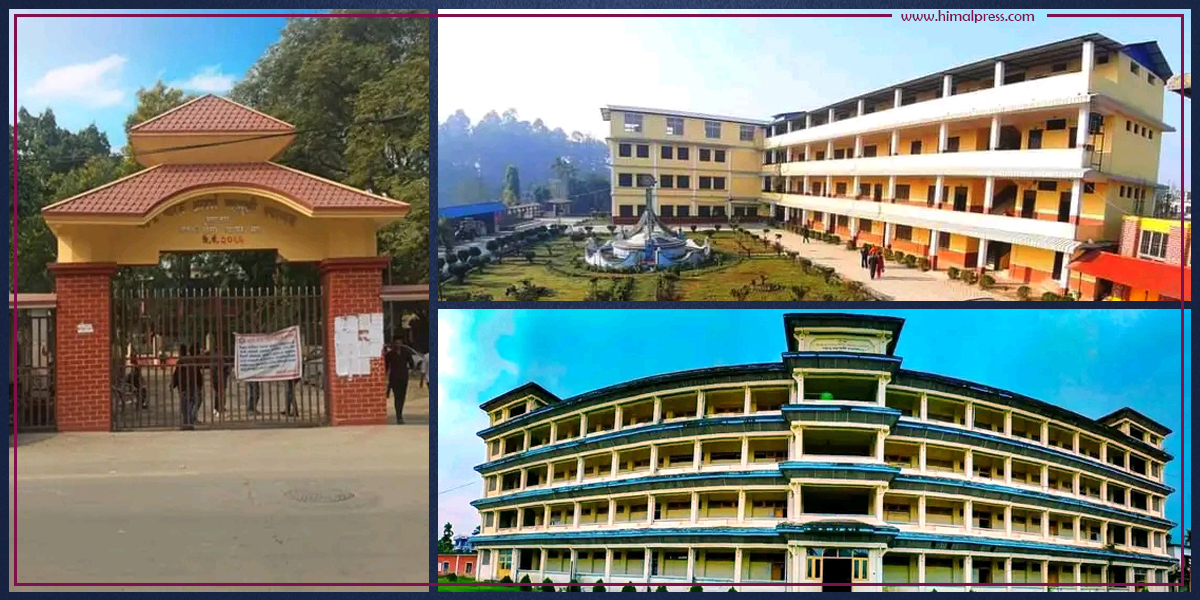
ITAHARI: Following the publications of Class 12 results a few weeks ago, constituent, private and community colleges in Koshi Province are now accepting admissions at the Bachelor’s level. These institutions offer a diverse range of subjects, including modern and technical fields, alongside traditional disciplines at the undergraduate level. Among these programs, management courses seem to be the most popular, with a notable surge in admissions for Bachelor of Business Studies (BBS).
The Koshi Province boasts 152 colleges affiliated with Tribhuvan University (TU), comprising 81 community colleges, 60 private institutions, and 11 constituent colleges. While the first-year enrollment numbers are significant across most colleges, a concerning trend emerges as the student population steadily decreases starting from the second year, according to campus data.
Prof. Dr. Tolanath Kafle, the Assistant Campus Chief of Janata Multiple College in Itahari, said colleges are suffering from insufficient first-year enrollments and dropouts in subsequent years, particularly prevalent in humanities and the BBS program within the management faculty. Many students discontinue their education in the second year due to employment opportunities, he added.
“Some students wait until they receive their first-year results, and if unsuccessful, they often discontinue attending classes. Additionally, a considerable number of students have dropped out to seek opportunities abroad. However, those studying technical subjects tend to complete their study. Likewise, students who are getting the opportunity to study their preferred field also stay for the full term,” remarked Kafle.
In addition to pursuing higher education abroad, students are drawn to foreign countries due to the prospect of part-time employment during their studies.”The limited scope for the job during studies is one of the reasons behind increasing drop rates,” he said.
Furthermore, the inconsistency in exam scheduling and result publication disrupts academic continuity. He points out that while initial enrollment is high, some students who seek migration opportunities may leave without notifying the college administration.
Data shows that BBC is the most popular program among students in the Bachelor’s level. Similarly, fields like Bachelor of Business Administration (BBA), Information Technology (IT), and Computer Science and Information Technology (CSIT) have also not witnessed a decline in enrollment. However, the humanities programs are experiencing a decrease in student interest.
According to the University Grants Commission, 30% of students (12,978) study in constituent colleges, 23.53% (10,150) attend private colleges, and 46.37% (19,998) enroll in community colleges.
Stakeholders say many students are abandoning their studies midway due to outdated curricula. Dr. Gita Adhikari, Campus Chief of Janata Multiple Campus in Itahari, says that many university courses are not up-to-date, limiting students’ ability to study subjects of interest. “Comparatively, foreign universities often permit students to work while studying. This is one of the reasons why many students prefer to study abroad,” she said. Adhikari believes that creating a similar environment in Nepal could help mitigate the increasing outflow of students.
Nanda Neupane, Associate Professor at Mahendra Morang Campus in Biratnagar, attributed the decline in graduation enrollments to students’ perception that nothing is possible in Nepal. “A rising number of students choose to go abroad as they are disillusioned with the country’s politics and instability,” he added.
During the COVID-19 pandemic, colleges experienced an influx of students because they could not travel abroad. Neupane explains that when high schools were granted the authority to conduct their examinations due to COVID-19, many students achieved good grades, leading to increased admissions to bachelor’s programs. However, as the pandemic subsided, students again started heading overseas for higher education.
In the previous fiscal year, 115,000 students obtained a “No Objection Certificate (NOC)” required for studying abroad in the Koshi Province. This number does not include those departing for South Korea and Gulf countries for employment opportunities. Neupane observes that many students remain in Nepal until they obtain citizenship certificates, but the younger generation is increasingly emigrating due to the perception that little progress occurs in the country.
He said one of the reasons behind the exodus of students is the inability of the universities to complete 12-month courses in a timely manner, with some taking up to 18 months. Neupane also said many students drop out before reaching their fourth year due to delays in examination processes and result publication.
Hari Dahal, a retired associate professor at Mahendra Multipurpose Campus, attributed the lack of attraction to university colleges to irregular lectures and a greater focus on politics than academics. “The TU should rectify its academic calendar and enhance its programs to rekindle student interest,” he added.
Furthermore, parents cannot stop their children from going abroad for further studies given the limited employment opportunities within Nepal. “It is natural for people to seek opportunities elsewhere when available,” he added.





